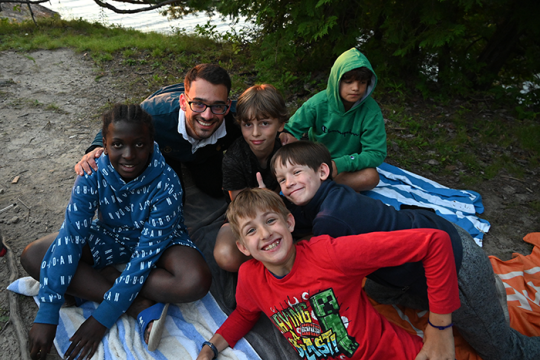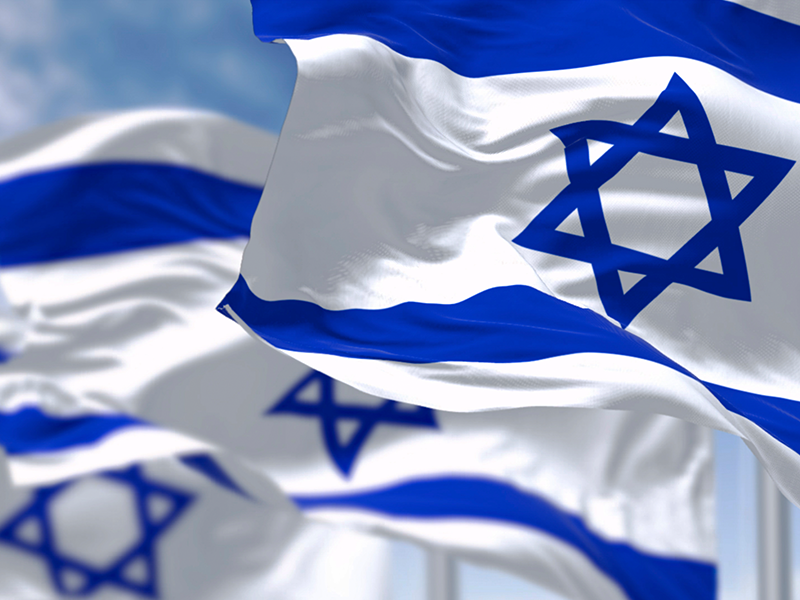"White Jews: It Is on Us"
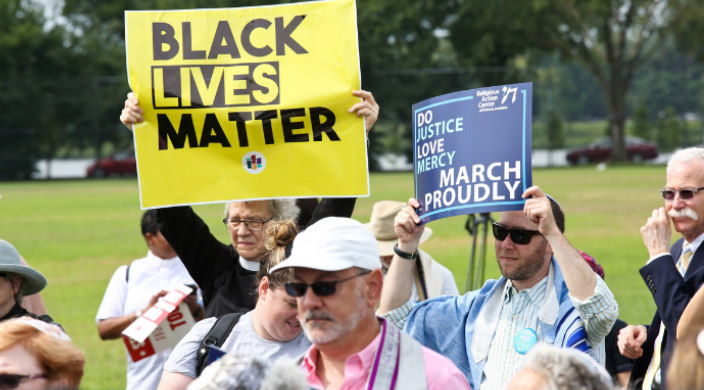
For many white observers, the protests calling for an end to police violence and Black liberation that erupted over the weekend may have appeared sudden. Yes, they came directly after the killing of George Floyd, but they were anything but sudden. The relatively swift decision to charge the officer who killed George Floyd in Minneapolis stands in stark contrast to the delayed (to put it mildly) investigation that few if any prior deaths of Black and Brown people at the hands of police or individual citizens have received; This includes the modern-day lynching of Ahmaud Arbery earlier this spring, which only happened after nationwide protests from Communities of Color.
What happened to Mr. Arbery and Mr. Floyd are reminiscent of the worst racist violence from, civilian and police alike, in our nation’s history. White vigilantism against African Americans is as old as the United States itself; from 1882 to 1968 there were nearly 3,500 lynchings of African Americans in the country. It took 120 years of failed attempts before Congress finally passed legislation this year making lynching a federal hate crime. While legal lynchings have become illegal, stand your ground and citizen’s arrest laws, along with the continued excessive use-of-force by police, are still in effect and allow for violence against People of Color to continue.
It is incumbent on white Jews and white America, in particular, to find within ourselves immediate and sustained outrage at this continued state sanctioned racist violence. It is on us to learn and understand what is happening, share with other white peers, and join in the efforts to combat racist systems, including this nation’s policing.
“Justice delayed is justice denied” is not just a mantra, it is a legal maxim.
If legal redress to an injured party is available, but not forthcoming in a timely manner, it is effectively the same as having no remedy at all. This is what we have become accustomed to in the United States for a specific kind of crime, racist attacks on Black Americans. In a nation with a notorious “tough on crime” approach, that attitude somehow rarely extended to the white perpetrators of racist violence and when the victim is a Person of Color, as we saw for Mr. Arbery.
Vigilante attacks on Black Americans is not only permitted but still tragically common. Eight years ago, the murder of Trayvon Martin after he was pursued by a so-called neighborhood watchman shined a spotlight on these crimes. In addition to vigilantism, racist violence is often perpetrated by the police themselves. Even with protests and public outcry in response to these types of killings, excessive police force continues to be disproportionately employed against People of Color. We tragically saw this again, with the murder of George Floyd, after a police officer restrained him and knelt on his neck for nearly nine minutes in a brazen display of misconduct and excessive force.
These recent tragedies draw together many converging issues. Mr. Arbery’s killers felt emboldened by a citizen’s arrests law, a kind of statute that adds to racial disparities, to use their gun for vigilantism and a racist hate crime. However, in Georgia, it could not be investigated as a hate crime because Georgia does not have a hate crimes statute.
Law enforcement conduct in too many cases is neither investigated thoroughly nor quickly, and the Minneapolis Police Department modeled an important first step by firing four of the officers involved in the killing of Mr. Floyd, followed by the officers being charged. Yet for each instance where action is taken, it requires national outrage – led by local People of Color – to tip the scale. Outrage is a necessary first step, especially if you are in a position of privilege.
As Jews, we are commanded, Tzedek, tzedek tirdof, "Justice, justice you shall pursue" (Deuteronomy 16:20). The sages explained that the word tzedek is repeated not only for emphasis but to teach us that in our pursuit of justice, our means must be as just as our ends. We are called to join this struggle against racism, racist violence, and police brutality.
To my fellow white Jews: It is on us to understand that it should not take months of protesting and organizing of thousands of People of Color to demand justice for the law to be followed and to join the chorus of voices calling out for change.
Here are just a few ways we can engage:
- Join the Jewish community's efforts. Visit urj.org/justiceforall to learn more from the Union for Reform Judaism.
- Know your community. Find out your state and local laws around stand your ground and citizens’ arrest law, police use-of-force policies and the rate of police use-of-force, and if your state has a hate crime law.
- Support federal reforms to policing. Urge Congress to enact legislation to prohibit racial profiling and chokehold-like maneuvers, and create a database for police misconduct.
- Join the rallying cry. Stand with our partners at the NAACP and their We Are Done Dying campaign. Learn more at NAACP.org.
- Learn more. Review the guidebook and toolkit for community-centered policy solutions put together by The Leadership Conference on Civil & Human Rights.
How are you and your Jewish community working to pursue racial justice? Leave a comment and let us know.
Related Posts
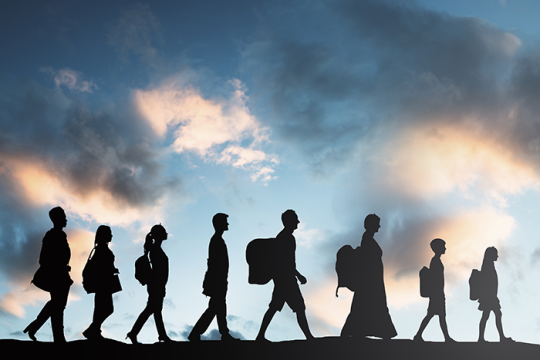
Supporting Immigrants and Refugees in This Challenging Moment
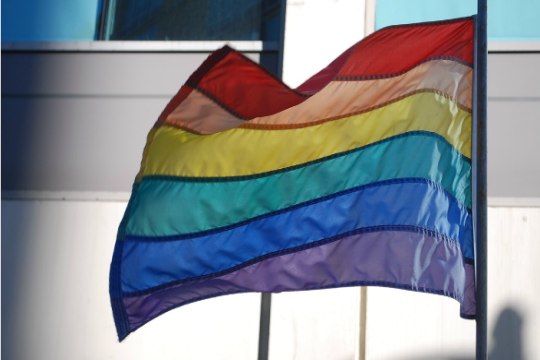
What Should Jewish LGBTQ+ Spaces Look Like?
